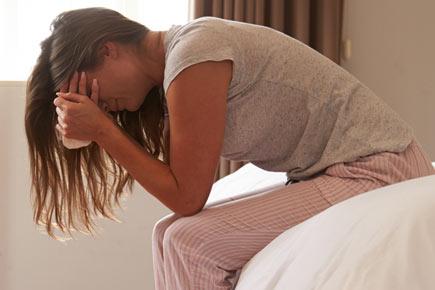Research has also shown that our immunoregulatory response to stress develops in early life and is shaped largely by our microbial environment


Children raised in a rural environment, surrounded by animals and bacteria, grow up to have more stress-resilient immune systems and may be at lower risk of mental illness than pet-free city dwellers, according to a study. The study published in the journal Proceedings of the National Academy of Sciences (PNAS) adds to mounting evidence supporting the "hygiene hypothesis," which posits that overly sterile environments can breed health problems.
The researchers from the University of Ulm in Germany and the University of Colorado (CU) Boulder in the US also suggest that raising kids around pets might be good for mental health, for reasons people might not expect. "It has already been very well documented that exposure to pets and rural environments during development is beneficial in terms of reducing risk of asthma and allergies later in life," said Christopher Lowry, a professor at CU Boulder.
"This study moves the conversation forward by showing for the first time in humans that these same exposures are likely to be important for mental health," said Lowry. The scientists recruited 40 healthy German men between 20 and 40 years old. Half had grown up on a farm with farm animals. Half had grown up in a large city without pets.
On test day, all were asked to give a speech in front of a group of stone-faced observers and then asked to solve a difficult math problem while being timed.
Blood and saliva were taken five minutes before and five, 15, 60, 90 and 120 minutes after the test. Those who grew up in cities had significantly higher levels of immune system components called peripheral blood mononuclear cells (PBMCs) after the stressful experience.
They also showed prolonged elevation of the inflammatory compound interleukin 6 and muted activation of the anti-inflammatory compound interleukin 10.
"People who grew up in an urban environment had a much-exaggerated induction of the inflammatory immune response to the stressor, and it persisted throughout the two-hour period," Lowry said.
Surprisingly, while their bodies launched a hair-trigger response to the stress, the city kids reported feeling less stressed than their rural counterparts did.
"This exaggerated inflammatory response is like a sleeping giant that they are completely unaware of," Lowry said. Previous studies have shown that those with an exaggerated inflammatory response are more likely to develop depression and post-traumatic stress disorder (PTSD) later in life. Research has also shown that our immunoregulatory response to stress develops in early life and is shaped largely by our microbial environment.
Catch up on all the latest Mumbai news, crime news, current affairs, and also a complete guide on Mumbai from food to things to do and events across the city here. Also download the new mid-day Android and iOS apps to get latest updates
This story has been sourced from a third party syndicated feed, agencies. Mid-day accepts no responsibility or liability for its dependability, trustworthiness, reliability and data of the text. Mid-day management/mid-day.com reserves the sole right to alter, delete or remove (without notice) the content in its absolute discretion for any reason whatsoever
 Subscribe today by clicking the link and stay updated with the latest news!" Click here!
Subscribe today by clicking the link and stay updated with the latest news!" Click here!









